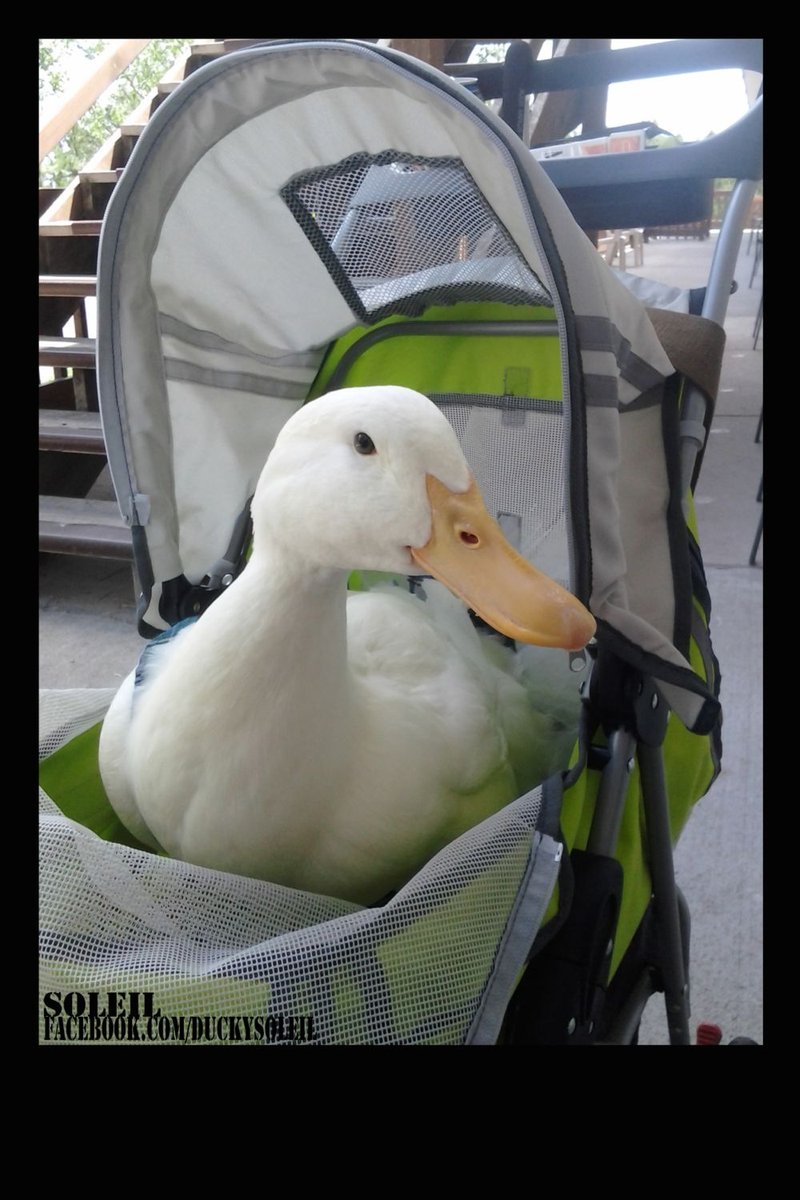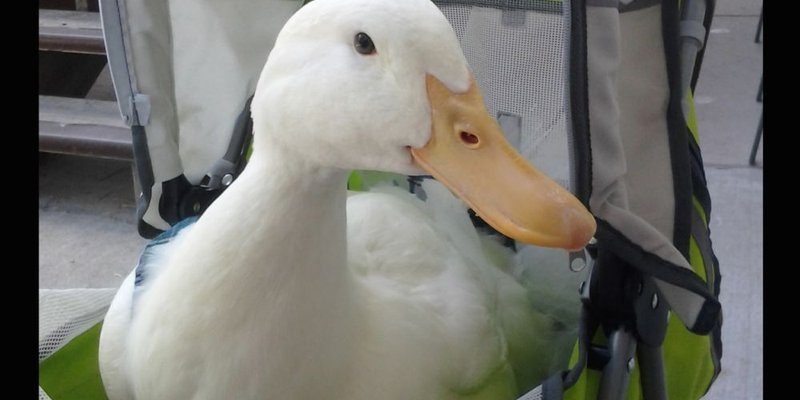
First off, ducks are a bit different from common indoor pets like dogs and cats. They have specific needs that must be met, and they thrive in environments that mimic their natural habitat. So, while it’s technically possible to keep a duck indoors, it’s not as straightforward as just placing it in a cozy corner of your living room. From their dietary needs to their social habits, ducks are unique pets that require a little extra thought and care.
Understanding Duck Needs
Ducks are waterfowl, which means they have specific habits and needs stemming from their natural environments. Their most significant requirement is water—yes, beyond just a bowl for drinking. Ducks love to splash around, explore, and forage in water. Imagine trying to keep a toddler happy without a play area; it’s just not going to work! Here’s a breakdown of what ducks need to thrive indoors:
1. Space to Move: Ducks need room to run and play. A small apartment might not cut it. Ideally, they need a dedicated space where they can waddle about without bumping into furniture or walls.
2. Water Access: Ducks enjoy a good swim. If you’re thinking about keeping a duck indoors, you’ll have to provide a small kiddie pool or bathtub. It might sound messy, but it’s essential for their happiness and well-being.
3. Bedding and Cleanliness: Ducks can be messy eaters and drinkers. Keeping their living space clean is crucial. You’ll need to use absorbent bedding materials like straw or wood shavings that can be changed regularly to control odor and maintain hygiene.
Social Considerations for Ducks
Ducks are incredibly social animals. If you’re wondering whether a single duck can be happy living indoors, the answer is more complicated than just yes or no. Ducks thrive with companionship, so having more than one is highly recommended. Here’s why:
– Companionship: Ducks bond with each other much like humans do. Having a buddy helps reduce stress and keeps them active and engaged.
– Behaviors: Ducks socialize in groups, which involves a lot of quacking, preening, and playing. This interaction is vital for their mental health. Think of them as the class clowns—they need their friends around to truly be themselves.
– Attention Needs: If you only have one duck, you’ll need to spend a considerable amount of time with it to keep it company. This means daily interaction, playtime, and regular outings (even if it’s just to the bathroom).
Dietary Essentials for Indoor Ducks
What goes into a duck’s diet is crucial for their health. Feeding ducks correctly can prevent health issues like obesity, which is common in domesticated ducks. Here’s what you need to know:
– Duck Feed: There are specific formulated pelleted feeds designed for ducks that can provide balanced nutrition. Make this the foundation of their diet. Look for “waterfowl” feed that meets their needs.
– Fresh Vegetables: Ducks love greens! You can offer them assorted leafy greens like kale, romaine lettuce, and even tiny bits of fruits like strawberries or blueberries. This diversifies their diet—a little like mixing up your meals for some excitement.
– Grit & Calcium: Ducks need grit to help digest their food, especially if they’re eating whole grains. Additionally, adding calcium sources like crushed oyster shells can be beneficial for their overall bone health.
Indoor Habitats for Ducks
Now that we’ve covered their needs and diet, let’s get into how to create a suitable indoor habitat. Your home can become a haven for your duck if you set it up right. Here are some key considerations:
1. Enclosure Setup: Create a dedicated space for the duck to roam and explore. Use a large puppy pen or a sectioned-off area that’s safe. Make sure it’s comfortable and secure, free from hazards like sharp objects or toxic plants.
2. Water Setup: Plan for a designated area for water. A kiddie pool filled with fresh water might just become the center of their universe! Make sure it’s easy to clean and refill.
3. Temperature Control: Ducks can get hot, especially indoors in winter. Ensure good ventilation, but avoid drafts. Ducks are comfortable at temperatures similar to humans, around 65°F to 75°F, but they love their cozy spots too.
Handling Ducks Indoors
As with any pet, handling is vital. Ducks are generally friendly but can be skittish. Here’s how to make your indoor experiences pleasant for both you and your duck:
– Gentle Interactions: Be calm when approaching your duck. Speak softly and let them come to you. Ducks are curious creatures, so they might waddle over to investigate.
– Regular Playtime: Engage in gentle play with your duck. You might toss some greens for them to forage or create some small obstacle courses for fun exploration.
– Routine Establishment: Ducks appreciate routine. Establish feeding times and playtimes so they know what to expect, helping them feel safe and secure in their environment.
Challenges of Keeping Ducks Indoors
While having an indoor duck can be a delightful experience, it’s not without challenges. Here are some hurdles you may encounter:
– Mess Management: Ducks are notorious for splashing water everywhere. You might feel like you’re living in a mini pond at times! Regular cleaning will be essential to keep your space neat.
– Noise Levels: Ducks can be quite vocal. If you or your neighbors are sensitive to noise, this could become an issue. Be prepared for quacks as part of your daily soundtrack.
– Health Risks: Just like any pet, ducks can carry germs that might affect humans, especially young kids or people with compromised immune systems. Maintaining proper hygiene is vital to ensuring everyone’s safety.
Alternatives to Indoor Living for Ducks
If the idea of keeping a duck indoors seems overwhelming, there are plenty of alternatives. Here are a couple of options to consider:
– Outdoor Duck House: Ducks can thrive outdoors with the right shelter. A spacious coop with a secure outdoor run is ideal, allowing them to roam and swim while being protected.
– Pet Boarding: If you’re going away for an extended time, consider finding a trustable farm or pet boarding service that specializes in waterfowl. This way, your duck can have the outdoors while you’re away.
In conclusion, while ducks *can* live indoors, it takes a lot of work and commitment. They require plenty of space, social interaction, and proper care to thrive. If you’re willing to take on the responsibility, you’ll find that having a duck can be a joyfully unique experience. Just be sure to weigh the pros and cons, and make your decision based on what’s best for you and your feathery friend. With the right setup, your indoor duck could be a cherished part of your family for years to come!

